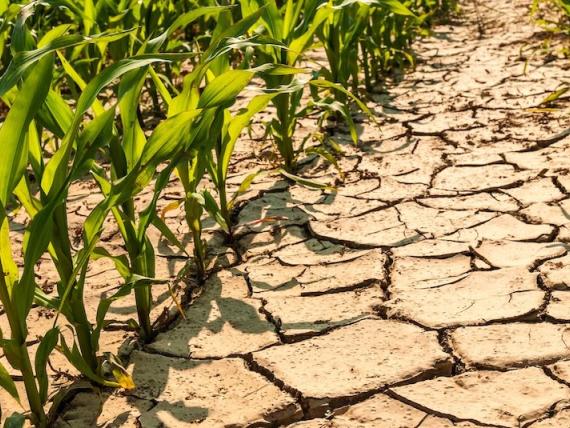
Featured Report
This report provides quantitative insights into how large-scale mining (LSM), and specifically mines operated by World Gold Council (WGC) member companies, contributes to economic advancement and improves livelihoods at a global, national and local community level.
Climate change is both a physical reality and a rapidly growing systemic and existential risk that all aspects of society are currently learning to address. It is now widely understood that greenhouse gas (GHG) emissions must therefore decrease very rapidly – ultimately, to ‘Net Zero’ – if we are to avoid potentially catastrophic consequences. The process of decarbonising the economy is such an urgent priority that it is currently reshaping nearly all policy, business, and investment decisions.
Gold has been at the heart of central banking for centuries. Once an official currency, it has become a cornerstone of modern reserve management. Emerging market central banks have been particularly active purchasers in recent years, and have occasionally acquired gold from local artisanal and small-scale producers.
This report looks at how World Gold Council Members are bringing about positive change across four thematic areas: global partnerships; social inclusion; economic development and responsible energy use and environmental stewardship.
The World Gold Council and its members recognise that climate change imposes very substantial risks to the global economy and socio-economic development.
Gold is rare and, as with other precious metals, a lot of ore is mined and processed to produce small amounts of pure metal. The gold production process therefore uses a relatively high level of energy to bring finished gold to market and has a higher greenhouse (GHG) emissions intensity per tonne of finished product than many other bulk metals.
Cranfield School of Management and the Corporate Responsibility Initiative at Harvard Kennedy School launched a joint report examining the creation of the Conflict-Free Gold Standard by the World Gold Council.